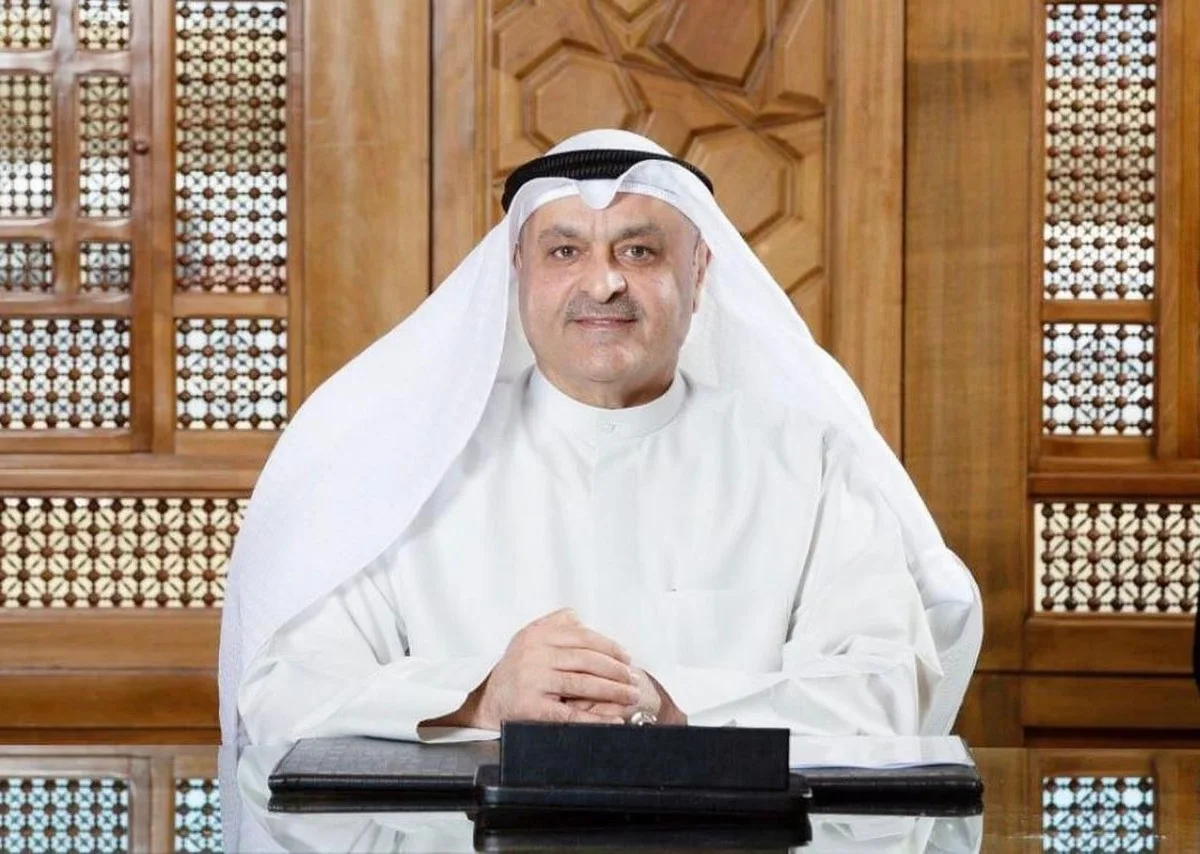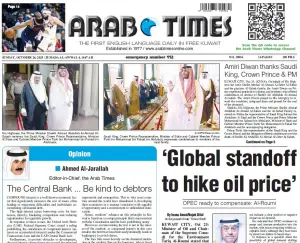11/08/2025
11/08/2025

KUWAIT CITY, Aug 11: The Secretary General of the Arab Energy Organization (AEO), Jamal Al-Loughani, has emphasized that underground natural gas storage has become a strategic imperative for Arab countries, citing its economic viability, environmental advantages, and its pivotal role in enhancing energy security.
Speaking to Kuwait News Agency (KUNA) following the release of a new AEO study titled "Underground Gas Storage and Its Role in Achieving Energy Security," Al-Loughani explained that storing natural gas in underground formations — such as depleted gas fields, salt caverns, and deep geological reservoirs — offers a flexible solution to seasonal demand fluctuations and long-term energy planning.
Al-Loughani highlighted that underground gas storage has evolved beyond a seasonal supply buffer. Today, it supports energy transition strategies, enables the integration of renewable energy sources, and contributes to the development of sustainable and resilient energy systems.
The growing international demand for natural gas has intensified interest in storage infrastructure, particularly among importing nations. According to Al-Loughani, global underground storage capacity rose from 11.1 trillion cubic feet in 2000 to 15.44 trillion cubic feet by the end of 2023 — an increase of 38 percent.
In the context of the Arab region, Al-Loughani described underground storage as essential for ensuring uninterrupted gas supplies, navigating energy crises, and supporting diversification through hydrogen integration. He stressed the importance of creating a strategic gas reserve as a protective measure against external disruptions.
He pointed out that many Arab states are well-positioned to capitalize on underground storage opportunities due to favorable geological formations, abundant gas reserves, and existing infrastructure located near high-demand areas. These factors, combined with the region’s strategic geographic location, form a solid foundation for the development of a comprehensive gas storage network.
To successfully advance underground storage projects in the Arab world, Al-Loughani proposed several recommendations:
- Conducting geological and technical feasibility studies
- Upgrading legislative and regulatory frameworks
- Attracting and securing investment while minimizing financial risk
- Establishing partnerships with international firms possessing advanced expertise
- Promoting regional knowledge-sharing based on successful case studies within the Arab world
Al-Loughani underscored the urgent need for coordinated action to embed underground gas storage into national and regional energy strategies, ensuring both short-term resilience and long-term sustainability in the face of evolving global energy dynamics.


